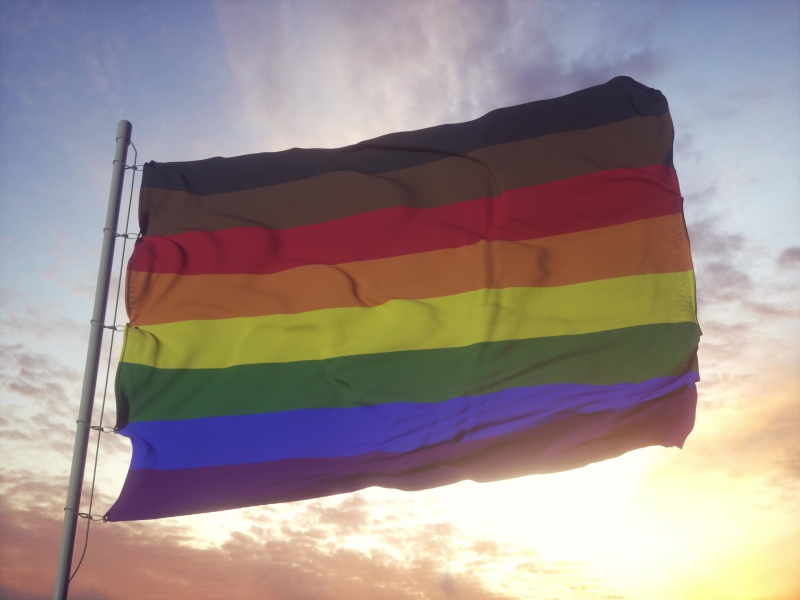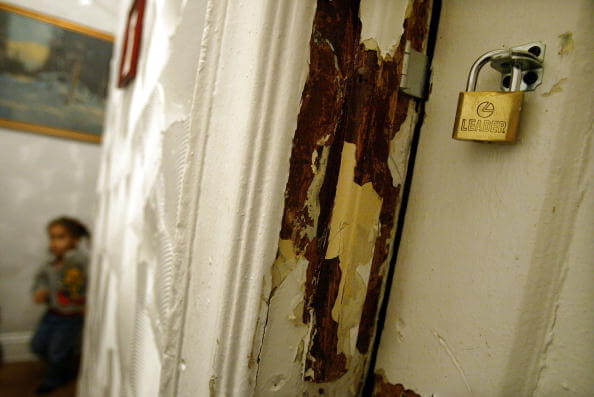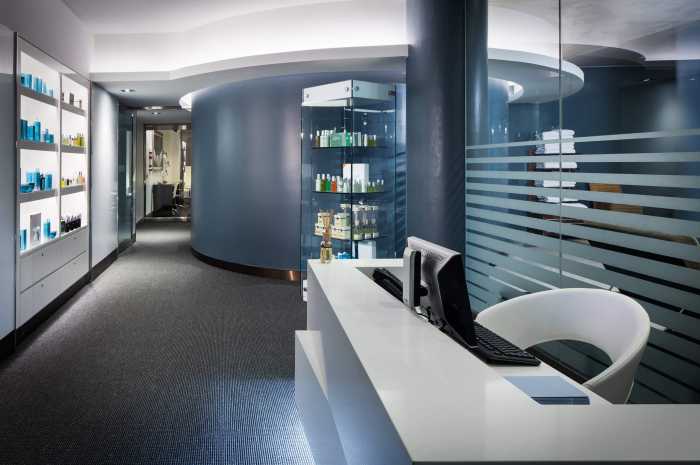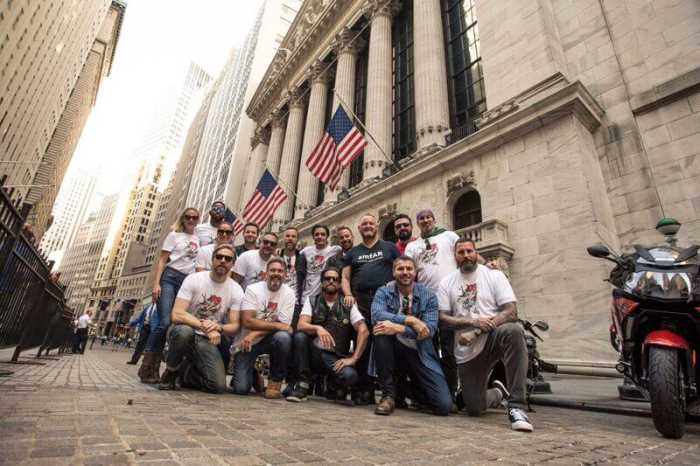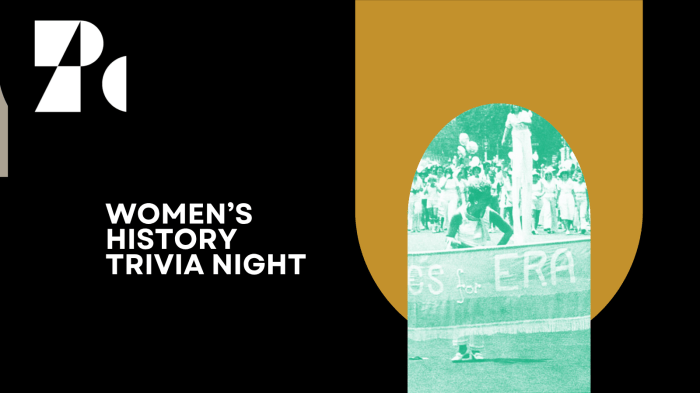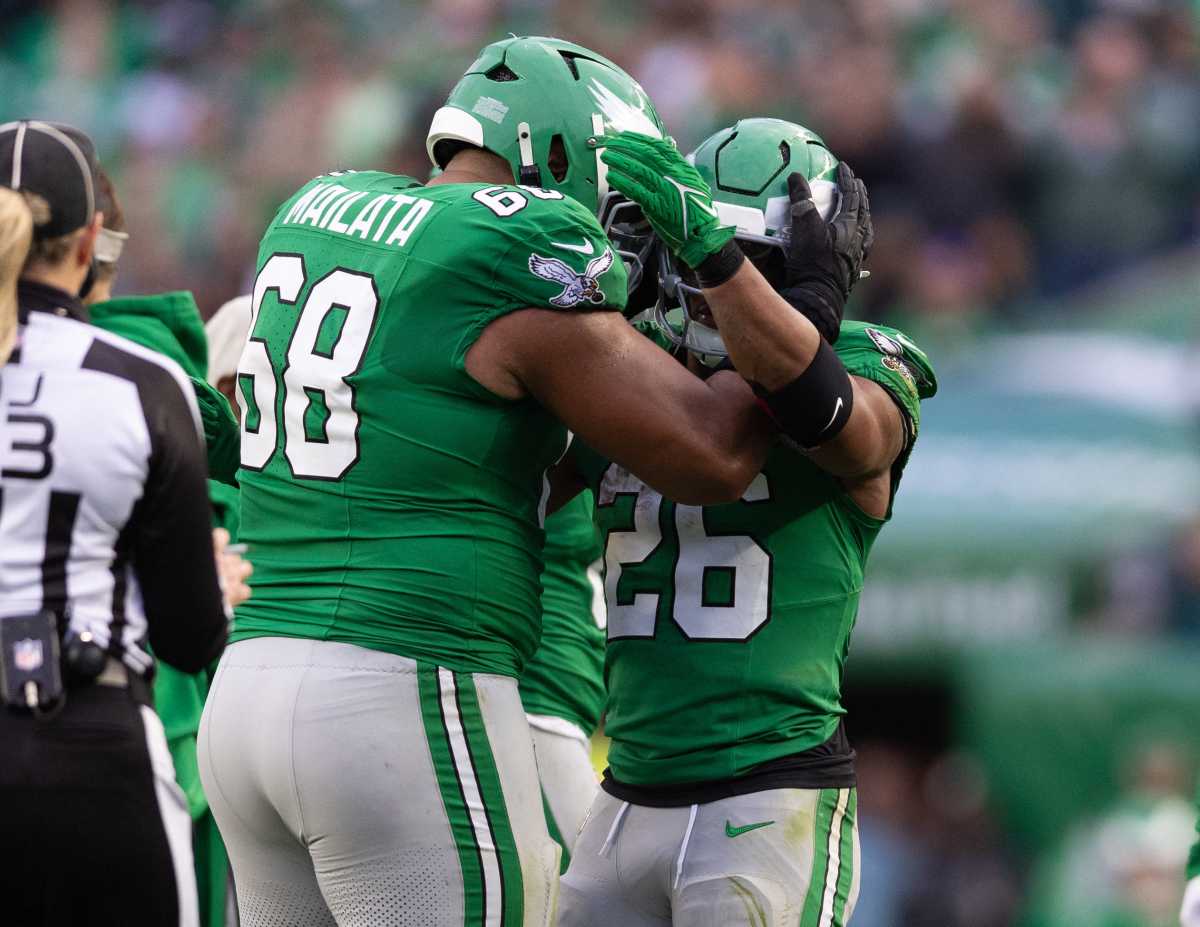Livengrin has been helping with addiction and recovery in the Philadelphia area since 1966, and over its decades of service, the organization has been able to accommodate more areas, including in the LGBTQ+ community.
The idea for the facilities came from Philadelphia-area advertising executive and entrepreneur Standish Forde Hansell, after he was completing renovations on a 44-acre Bucks County property that he owned.
As Livengrin’s website mentions, his plan was to open a retirement community where gentlemen of means could continue a pastoral lifestyle and “live and grin” into their golden years. Instead, on the advice of a few trusted friends, he turned the property into one of the first non-hospital facilities in Pennsylvania to treat alcoholism.
Over the years, the organization has gained national attention, and it has continued to grow into Bucks, Montgomery, Lehigh, and Philadelphia counties. And the growth isn’t just in the locations, but also in services needed as times change.
“Remaining a top treatment provider for 60 years is a constant effort, one that involves continuously evolving with medical innovation and adapting to societal perceptions of addiction to best address all areas of recovery,” reads a statement on the organization’s site. “Our treatment model is completely flexible, based on the ability to keep up with the ever-changing world of addiction recovery needs.”
In the LGBTQ+ community specifically, Livengrin tries to make every single patient feel comfortable. First and foremost, when people come to the treatment center, they will be placed with the gender they identify with. Pronouns are respected and encouraged, and it’s never been an issue with the community, a rep told Metro.
Overall, Livengrin operates with the belief that drug abuse and addiction is different among the LGBTQ+ community. Statistically, rates of substance abuse are about 10% higher in the LGBTQ+ community than the rest of the population. Rates of anxiety, depression and mental distress are also higher, as are rates of eating disorders and self-harm as a result.
Livengrin looks to “understand the role the environment and experiences that play on the LGBTQ+ community, as it is imperative to healing.” That means looking at stressors – such as discrimination and violence – and how they result in an increased risk of behavioral issues. With that in mind, the organization looks to provide specialized considerations when it comes to reaching recovery.
As Livengrin’s website states, studies show that specialized addiction treatment programs for gay and bisexual men showed better outcomes for those clients without non-specialized programs. With that in mind, Livengrin offers counseling for LGBTQ+ patients and allies to approach recovery in a way that accounts for the unique experiences of the community.
One of the programs Livengrin offers that falls into that category is with their 12-step LGBTQ meeting on Saturday nights at 7 p.m. These meetings happen on a weekly basis and take place at the Bensalem Chapman Community Center (2546 Knights Road, Bensalem) and run for about an hour. These specific meetings are for non-fellowship specific that support the recovering LGBTQ community and the allies that support them.
For more information on the 12-step meetings and what else Livengrin offers for the LGBTQ+ community, visit livengrin.org



